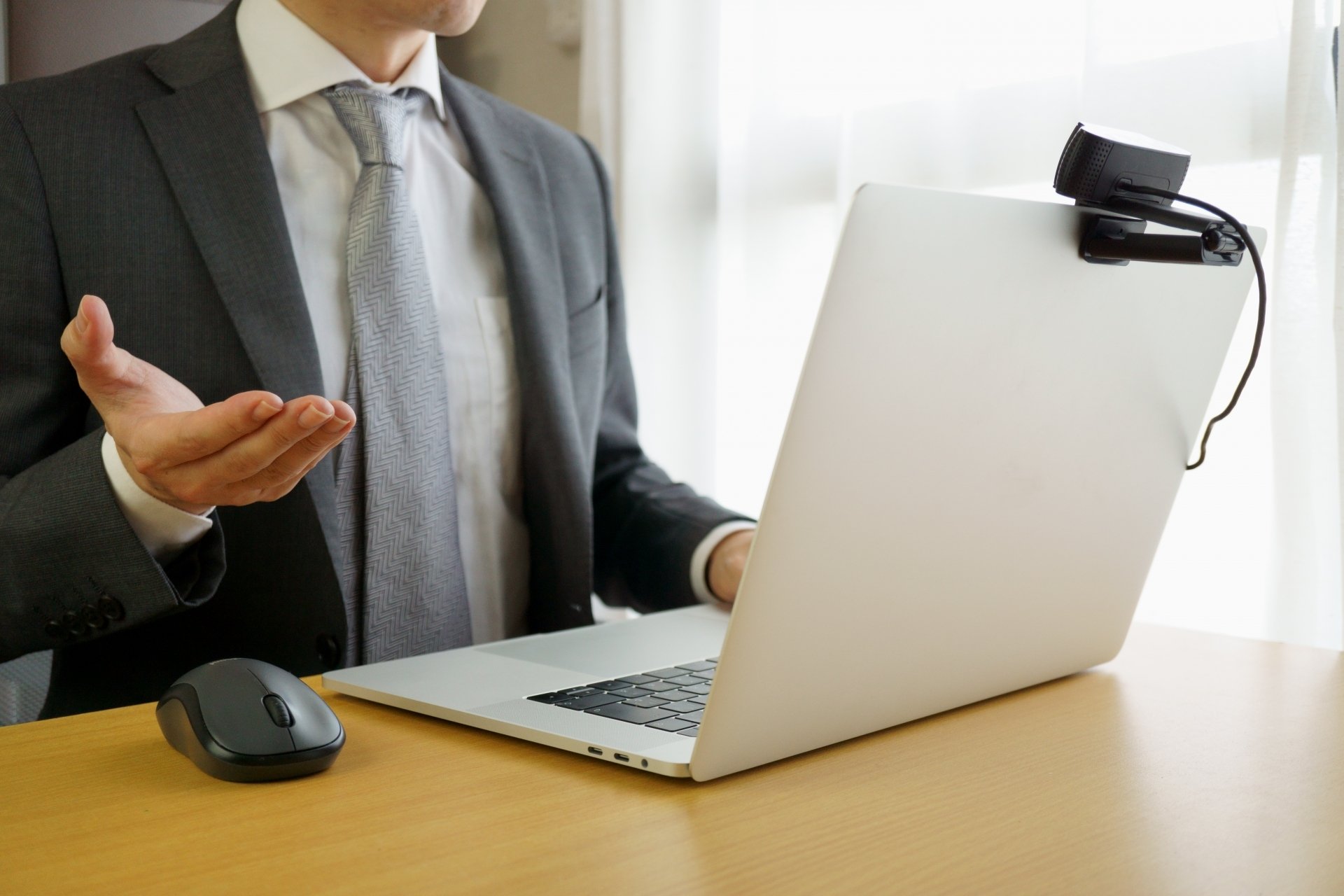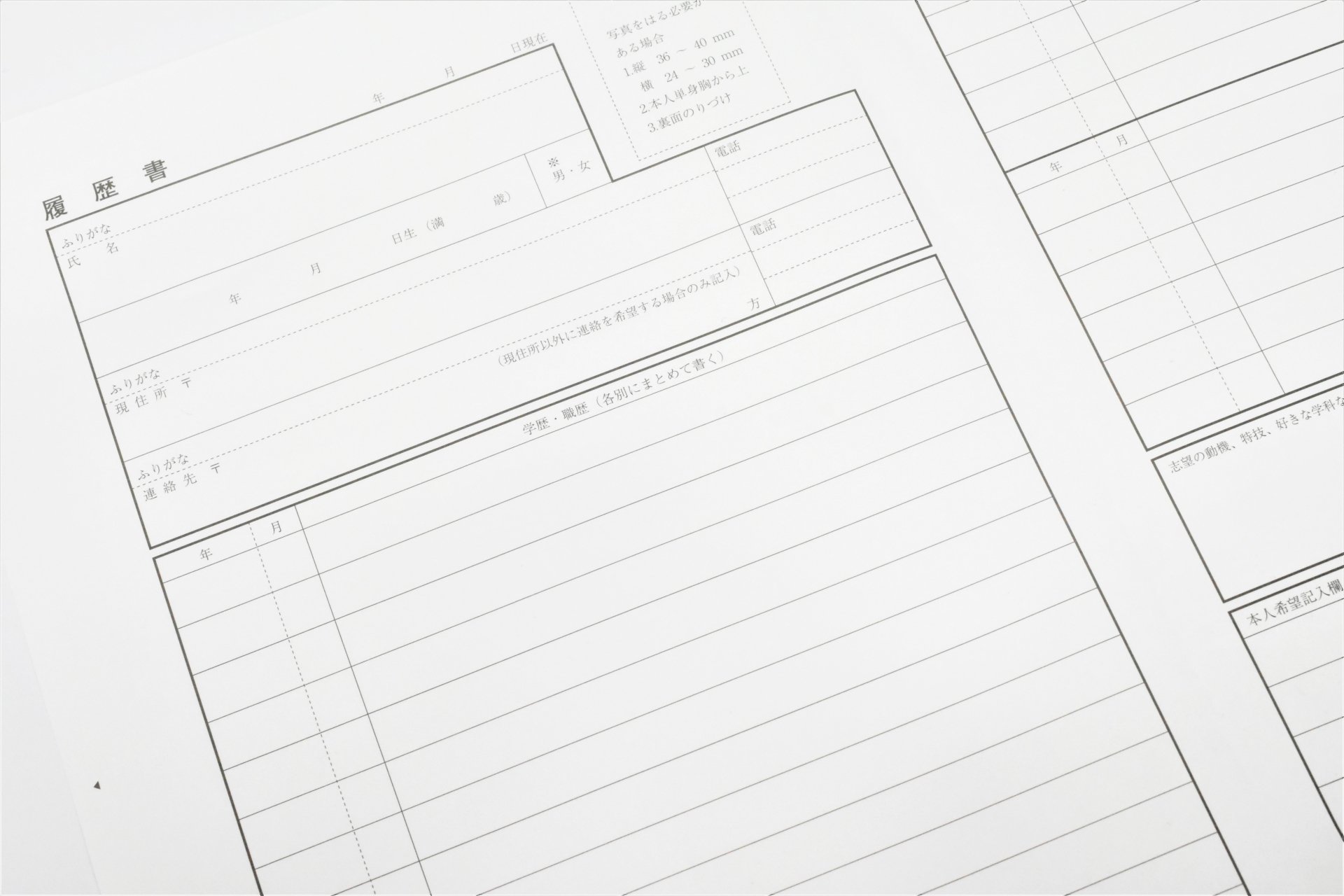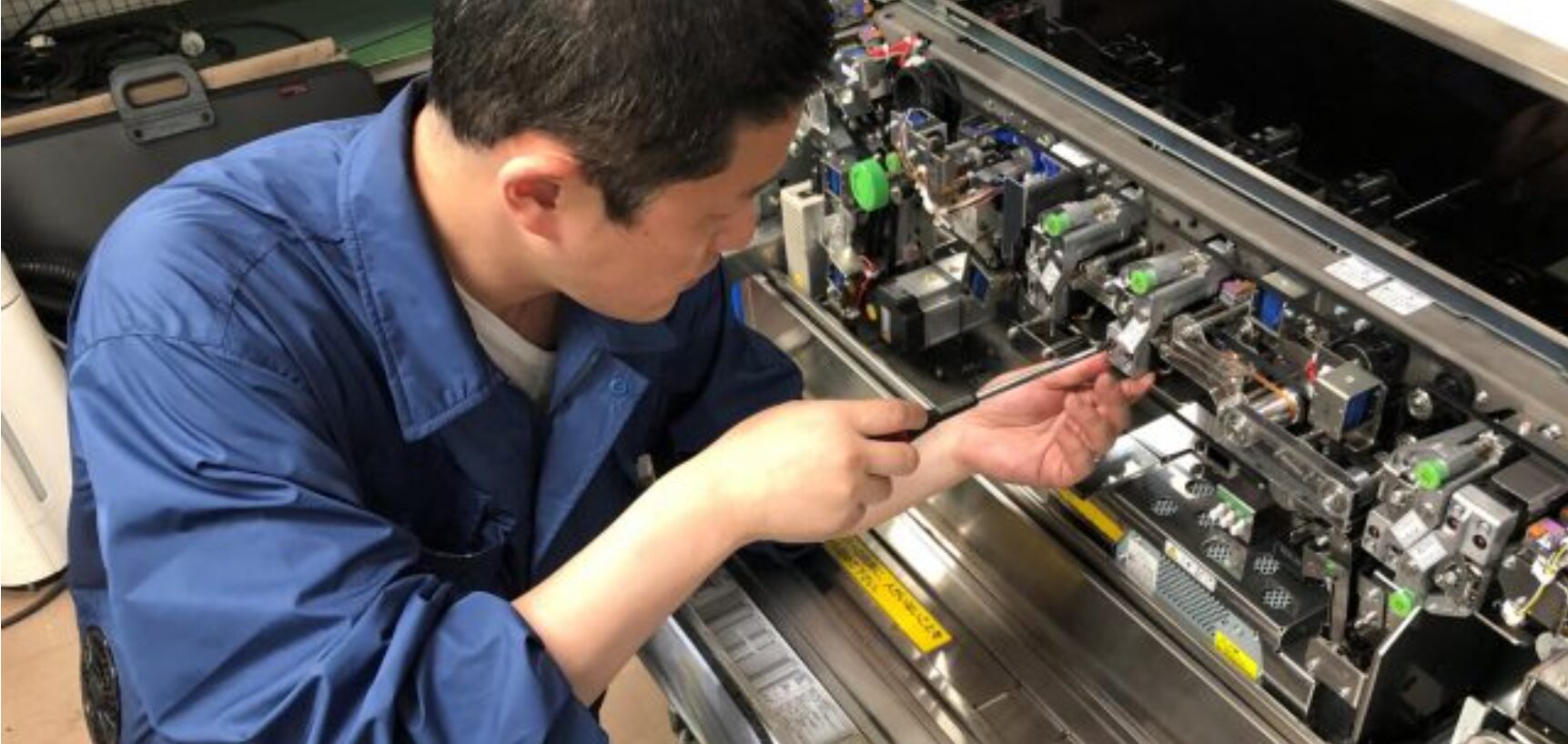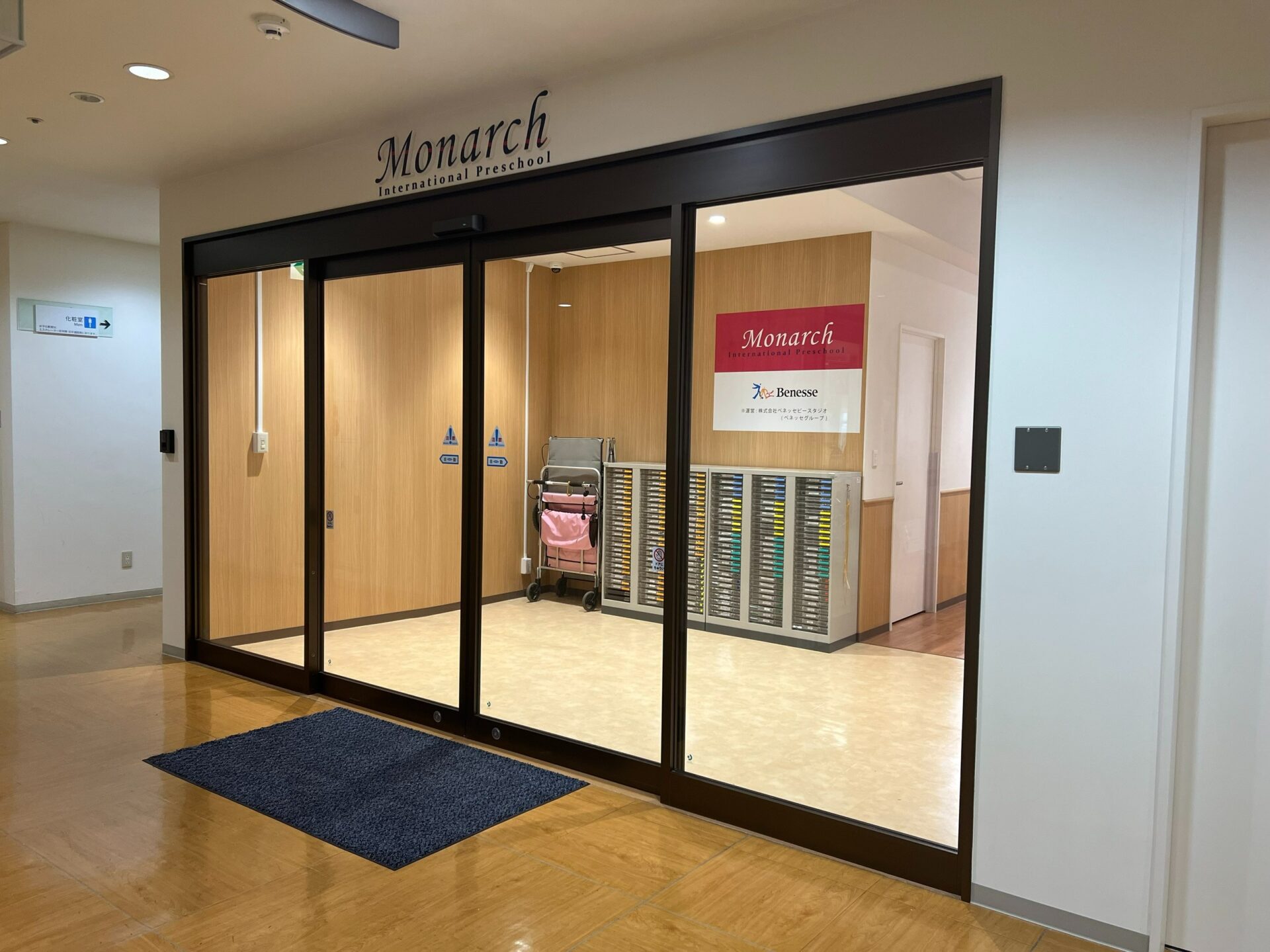
If you’ve been studying Japanese for a while and you’re job hunting in Japan, you’ll probably hit a point where you have to do a job interview actually using Japanese. Job interviews can be stressful at the best of times, let alone when you’re doing them in a language that isn’t your mother tongue. There are definitely some differences between Japanese job interviews and interviews done in the West. In this article, we will look at some of the differences as well as what you can expect to be asked. We’re not focusing on language here and we won’t be able to give you the answers to questions, but preparation is the key for any interview and knowing what to expect can definitely help.
I’ve personally had quite a number of Japanese interviews and one thing I’ve found is that aside from a few key things, they tend to vary quite greatly. Some questions that are listed as frequently asked in other articles on the subject have rarely come up for me but there are a couple of key points that I’ve found are common across all types of interviews.
Online vs In Person

Online interviews have become very common in Japan post-covid, especially for a first round interview. There are, however, still a lot of times when you’re expected to attend an interview in person. Online interviews are always more convenient in terms of time and comfort level but personally, I’ve always found face to face interviews a little easier in a second language. One thing that’s common to both is that you should always wear formal dress. The actual interview styles can vary. Most interviews are conducted by at least two people both online or face to face though one to one is also very common. Depending on the position you’re applying for, you can sometimes be interviewed by a panel of people which makes it even more nerve wracking.
Online interviews don’t really require any special protocol so you’re free to relax a little and concentrate on your answers. In person interviews on the other hand, require a little formality. If you’re entering a room where the interviewers are waiting for you, you should knock three times first and say shitsurei shimasu before entering. You should always bow and ensure you sit with good posture. You should also make sure to close the door quietly when you leave. If you’re handed anything such as a business card or need to hand something to the interviewers such as your resume, you should use both hands to give and receive.
That said, the very formal style of Japanese interview that you often read about is probably not as common as you think. They definitely still happen but a lot of the time, particularly if the company is used to interviewing foreign workers, the interviews will be less rigid in structure.
The Self-Introduction
The self-introduction (or 自己初回) is something that happens in all Japanese interviews. This is something you should absolutely have prepared before any interview in Japanese. This will be a short introduction about yourself, your background and your working history. This is an opportunity to talk about your relevant skills and experience. You can also include your hobbies if you want to give a little personal insight about yourself, though this is optional. Your self-introduction should be fairly short. Try to aim for about a minute or so. You don’t want to go too short or too long. Concise is best.
Detailed Career History

This is something quite different from Western interviews and while it doesn’t happen in every interview, it happens enough that you should be aware of it. Some Japanese companies will go over your resume with you during the interview in great detail, asking detailed questions about everything from your skills through to your career history. This can be a hassle if you’ve had a long career or even if you’ve changed jobs multiple times. You need to be able to give a lot of information about your previous roles as well as reasons for leaving or changing jobs, even if those jobs were quite far in the past.
The traditional working model in Japan is that you stay with the same company for life so changing jobs frequently can be seen as a detriment. This is changing nowadays but companies will still sometimes want more detail about your career history than you might expect, especially if you have changed jobs multiple times.
The standard questions
There are a lot of questions that may be asked in any interview but there are a few that will come up more regularly than others. Probably the most common question that you’re asked at Japanese interviews is Why did you apply for this job? This is asked in a number of different ways. For this, it’s always a good opportunity to highlight your interest in the position and the company and what particular skills you can bring to the table. Though you may be asked this as a separate question later, this is also a good time to show any knowledge you have of the company you’re applying for and what makes them appealing to you.
Preparation is the key for a Japanese job interview but aside from a handful of standard questions, what you may be asked can vary so you also need to be able to comfortably answer difficult questions on the fly.
Another question that comes up very frequently, depending on the industry you’re applying for, is that you may be asked if you’ve ever had to face a difficult situation at work and how you overcame it. Of course, this is a question common in English speaking interviews as well, and just like with those, it’s best to be as detailed as possible. You’ll also definitely want to use specific examples in your answer.
As a foreigner working in Japan, your interviewers will also be curious about your experiences in Japan. They might ask if you’ve had any difficulties or problems since you’ve come to Japan. They will also want to know how long you intend to stay in Japan. For full-time jobs especially, most companies are looking to hire workers who are intending to stay in Japan long term.
When researching lists of questions that may come up in a Japanese interview, personal strengths and weaknesses is one that always comes near the top of the list, however it’s not really asked as often as you may think. Still, it’s best to have an answer prepared for this one just in case.
Aside from these, there is a lot of variance in the questions you may be asked. An interview is partly a test on how well you’re able to communicate, so always make sure you prepare well in advance and are ready to answer difficult questions on the fly.
Doing an interview in a language that you’re not a native speaker in can be a nerve wracking experience. But getting a job where you can make use of your Japanese is the goal of lots of expats in Japan who’ve spent time studying the language. The key is of course is to be confident and to be prepared. Good luck!




















